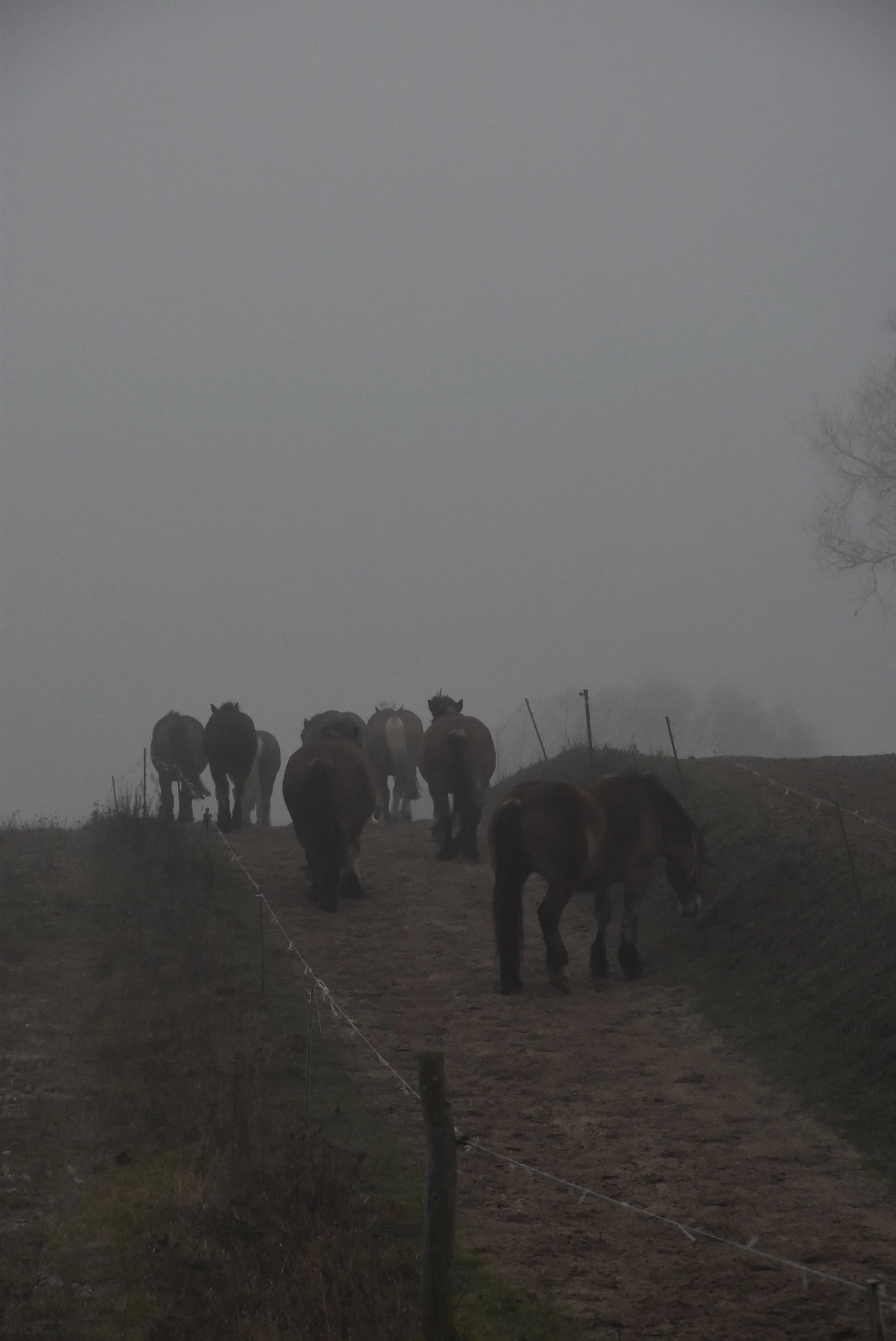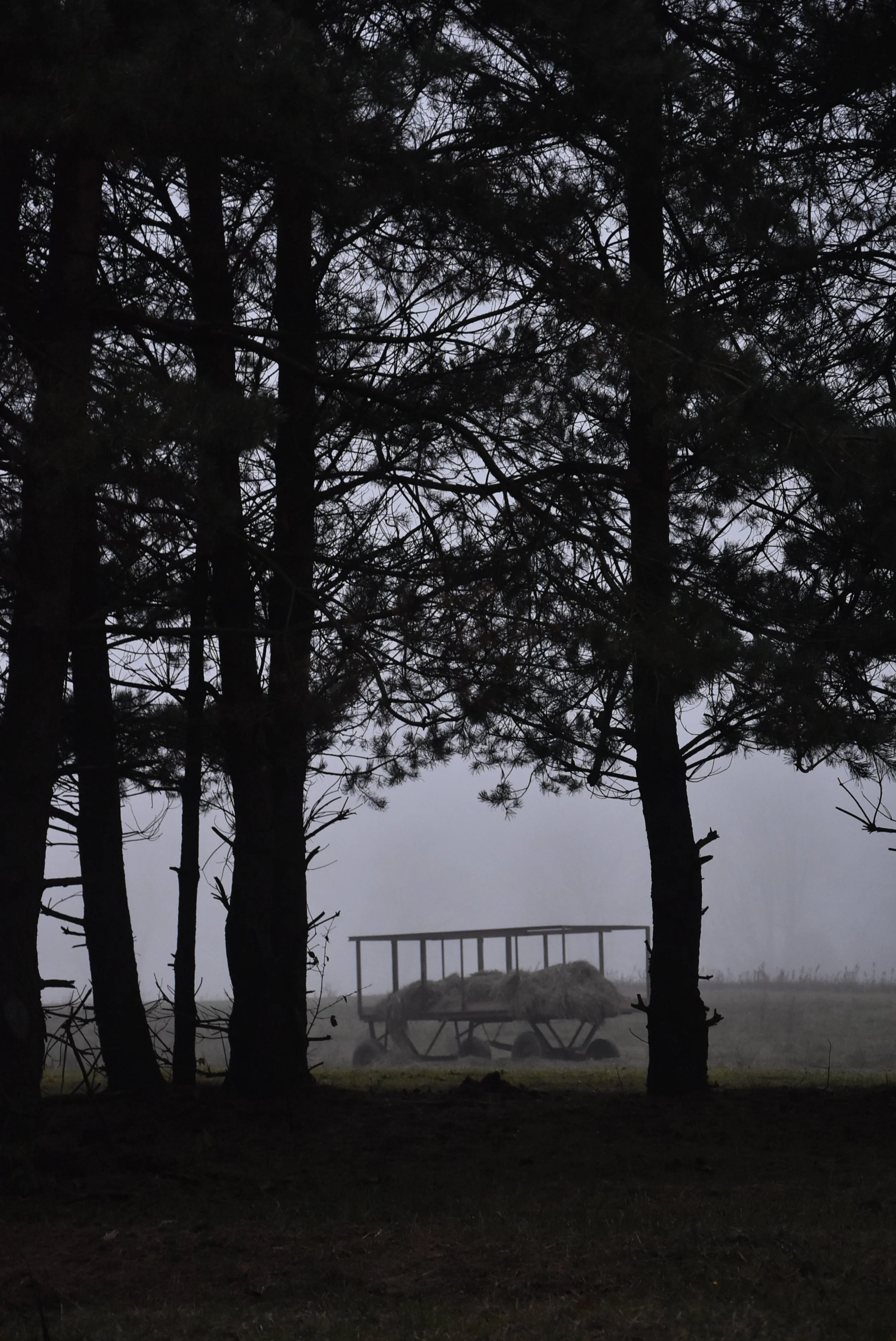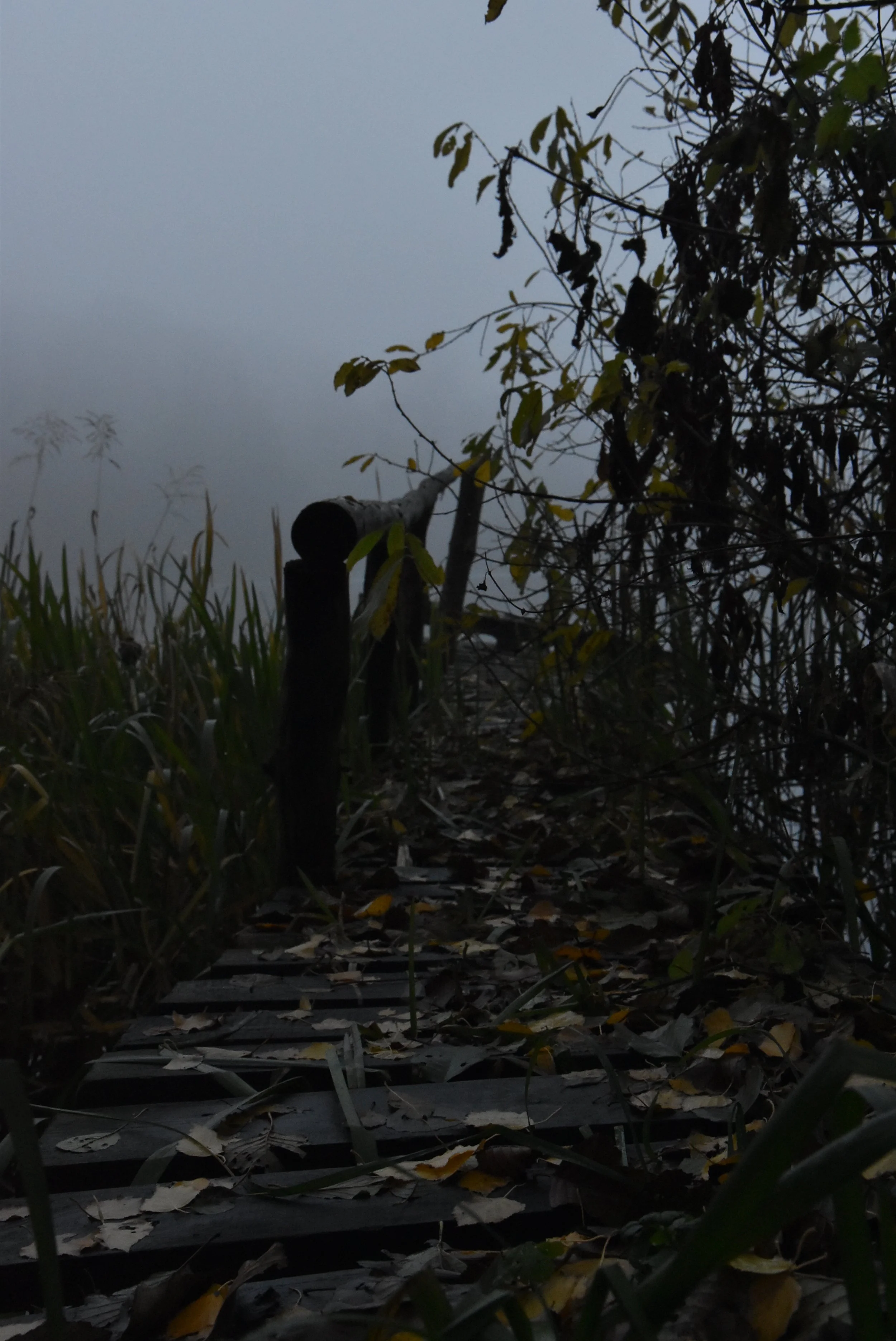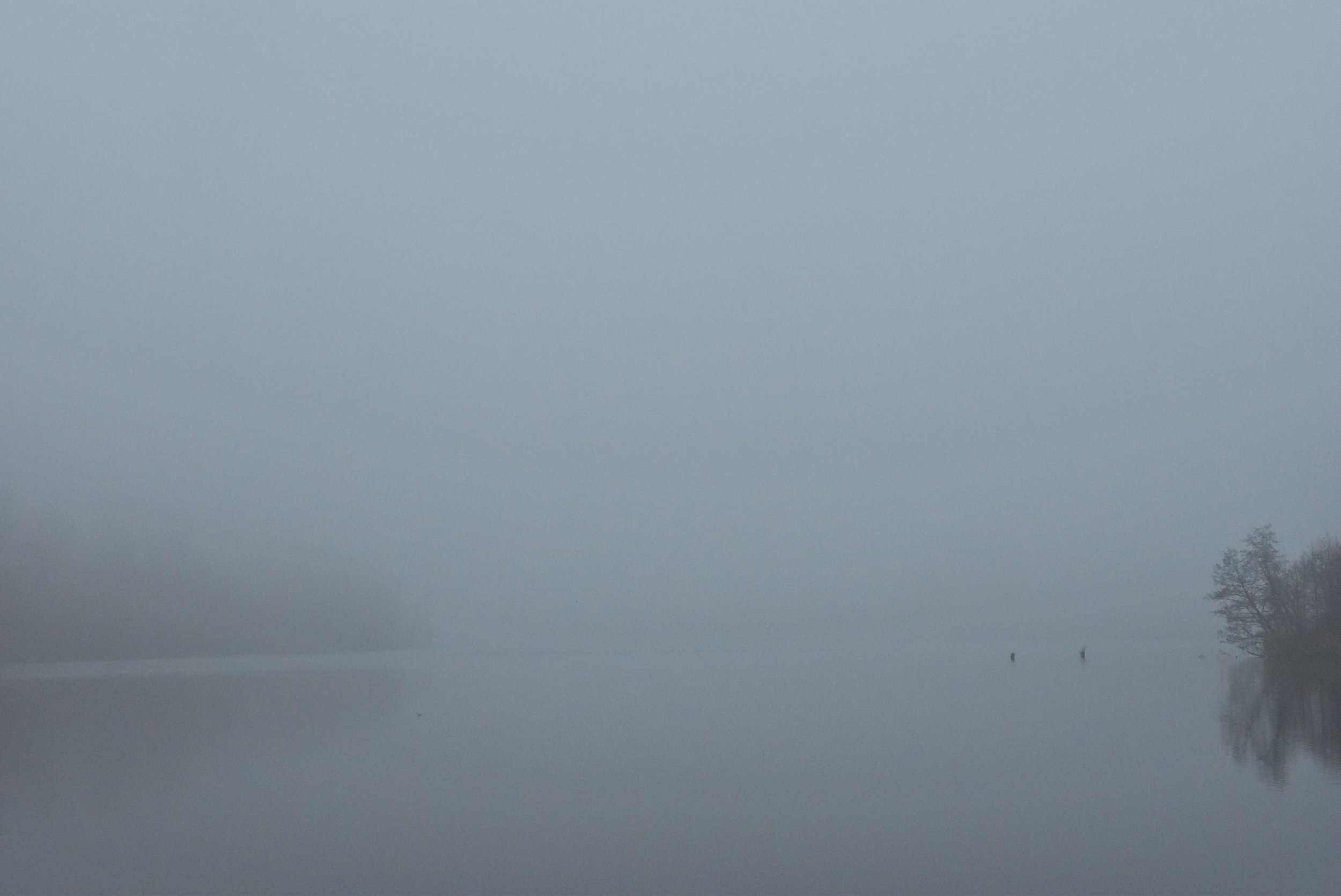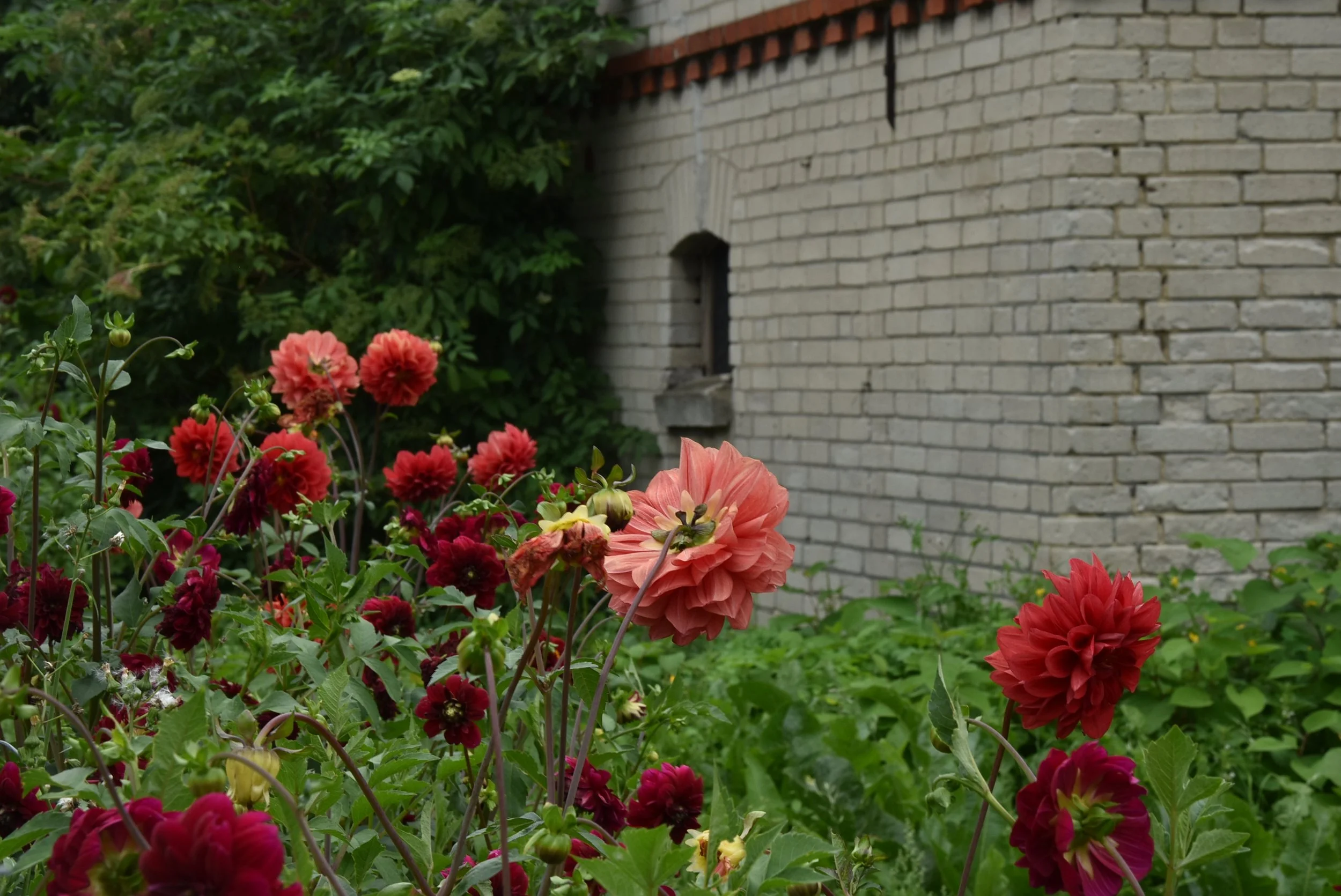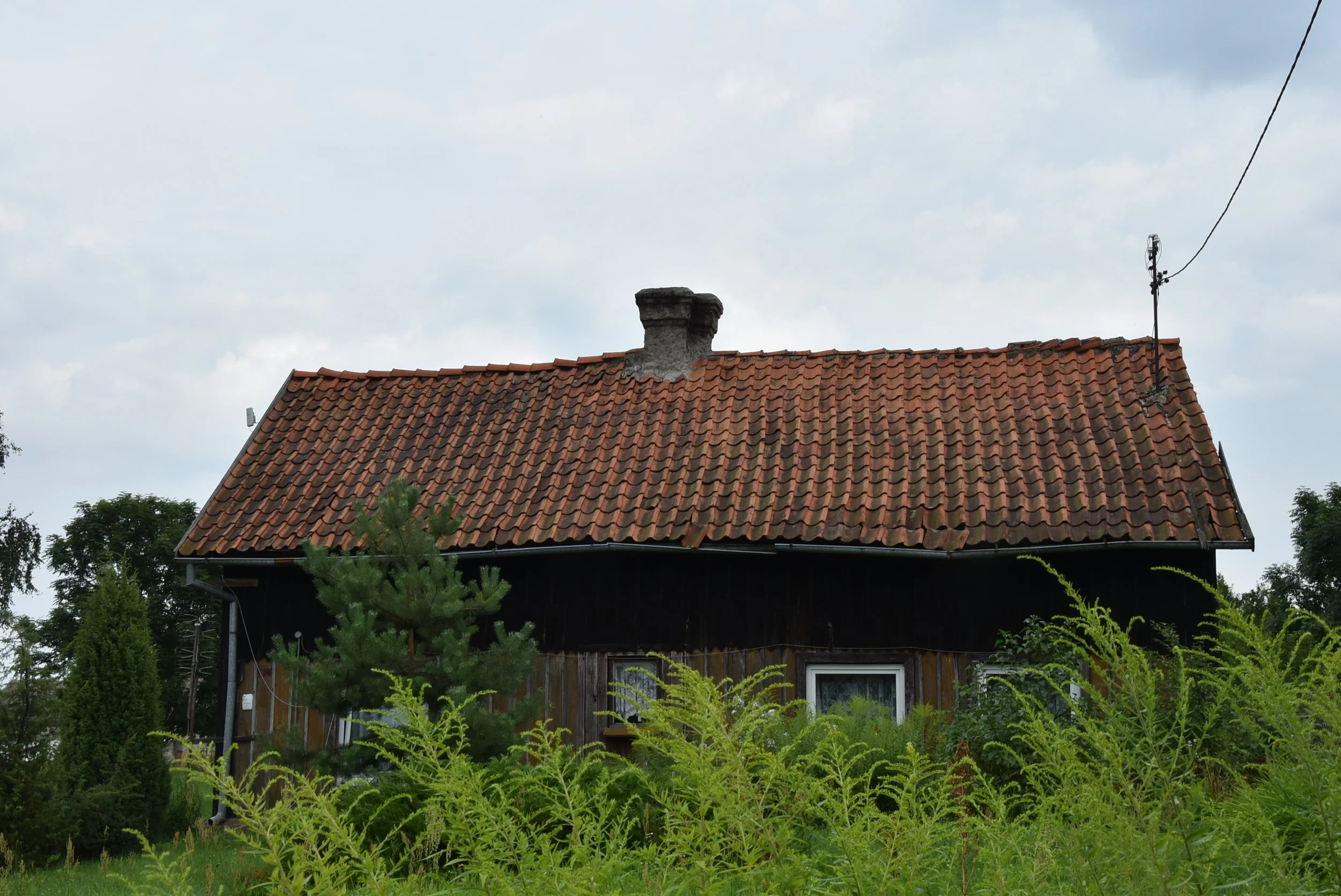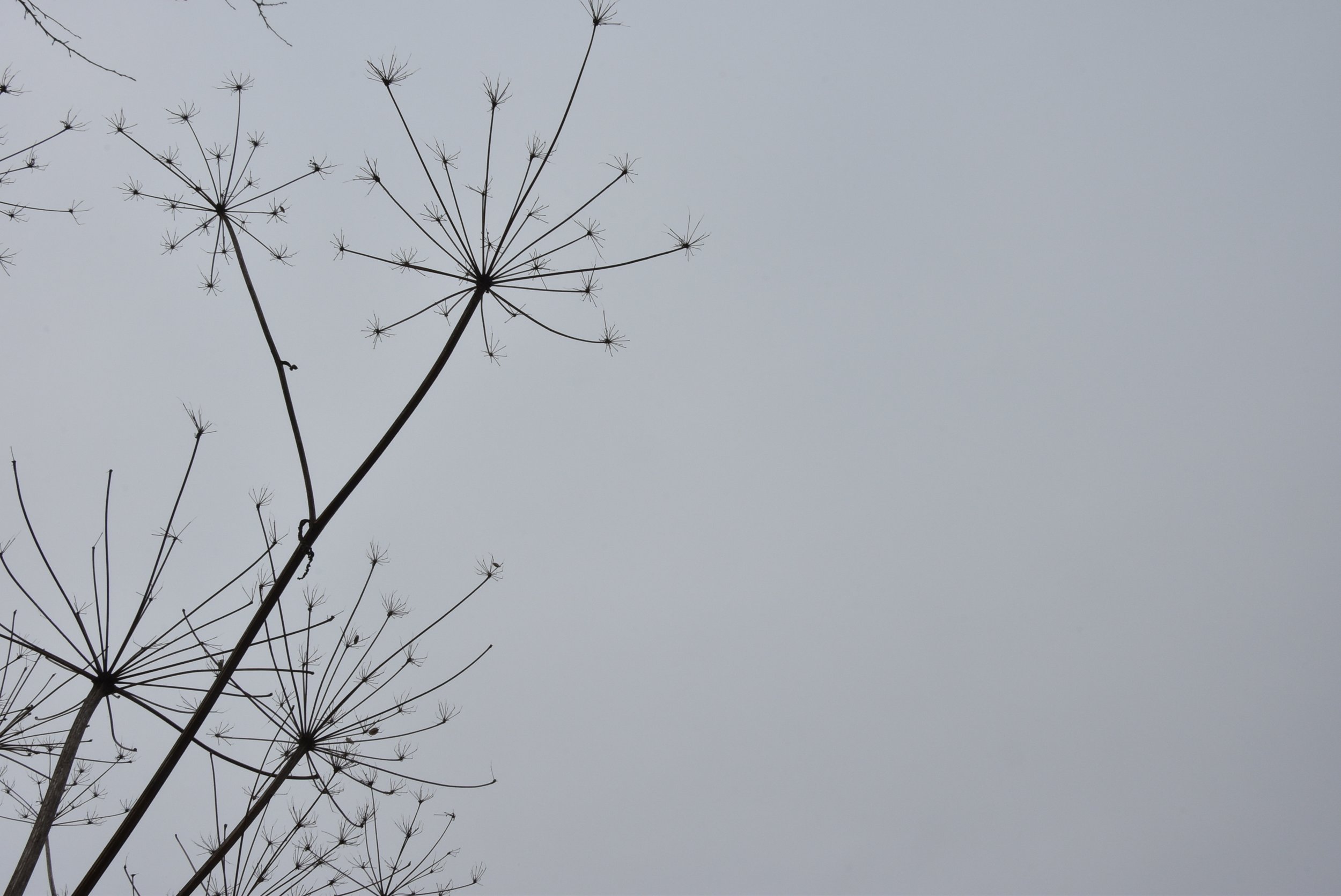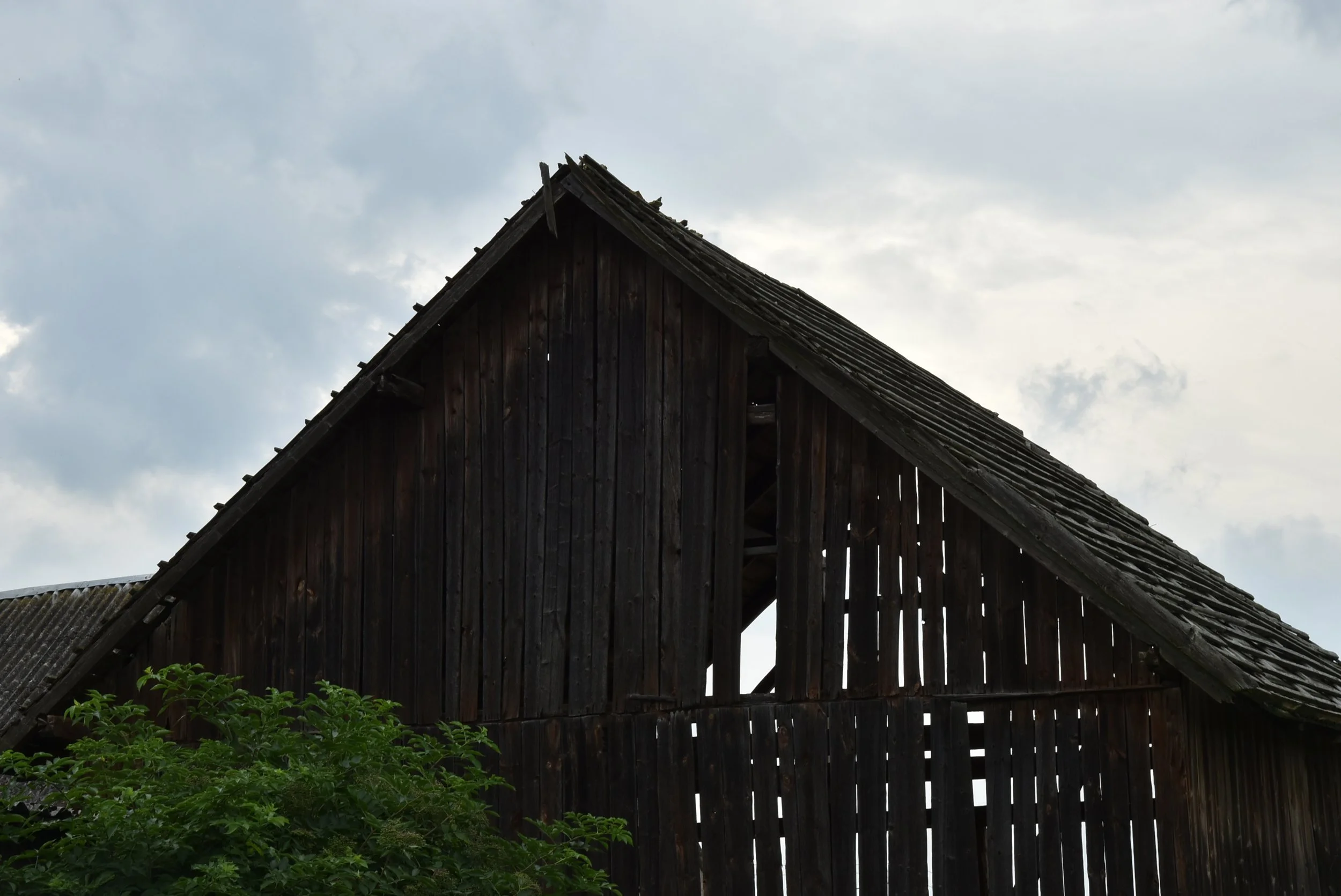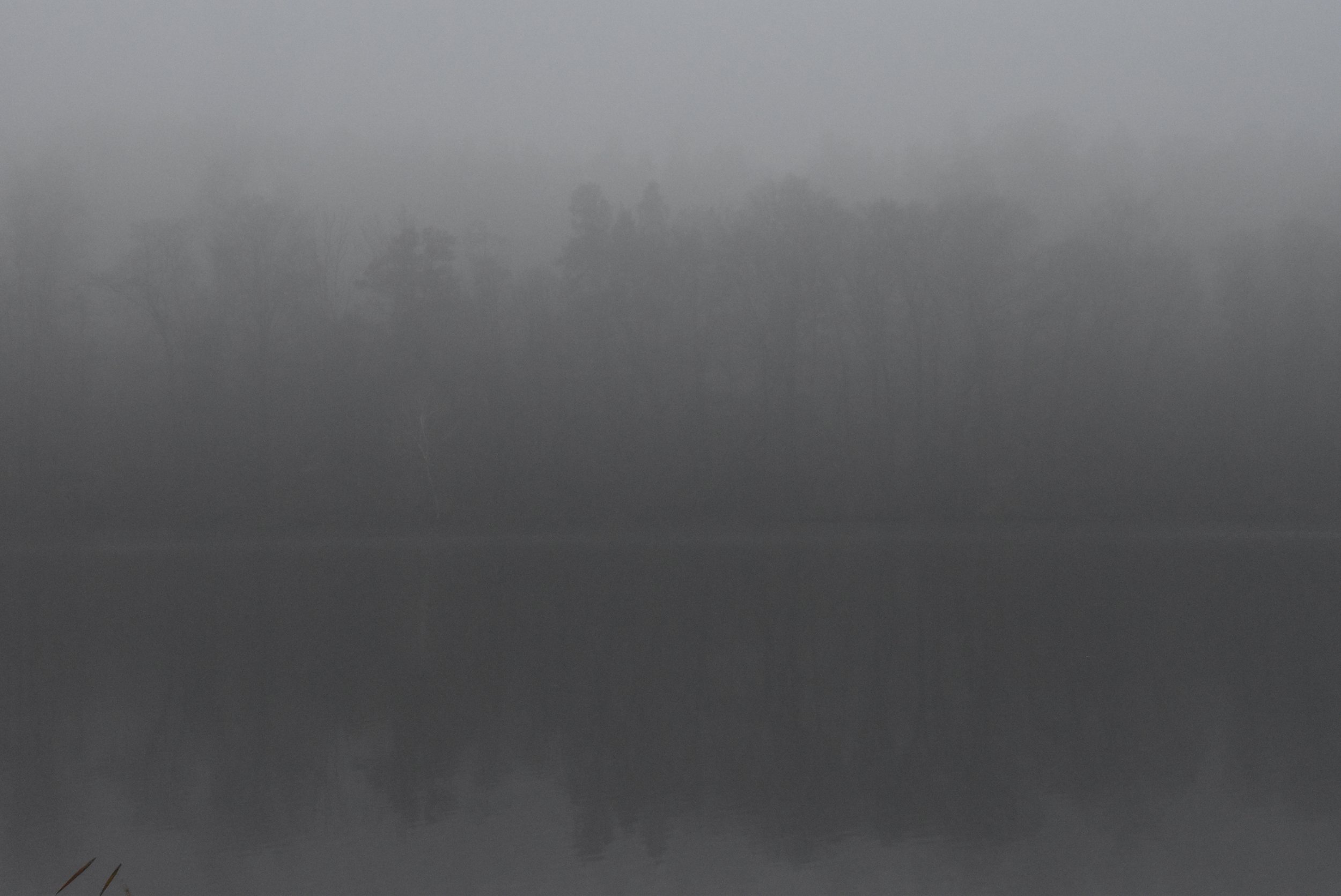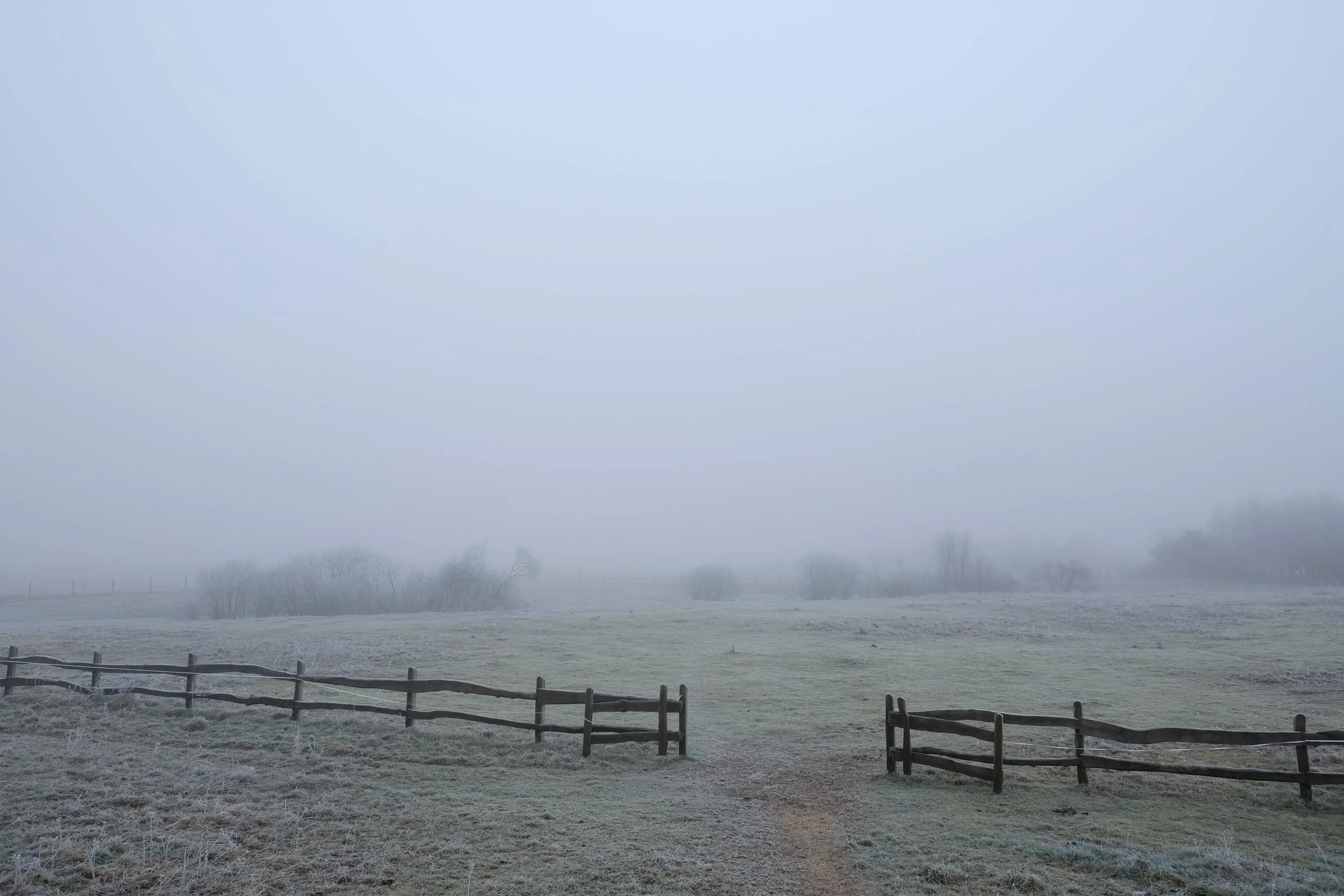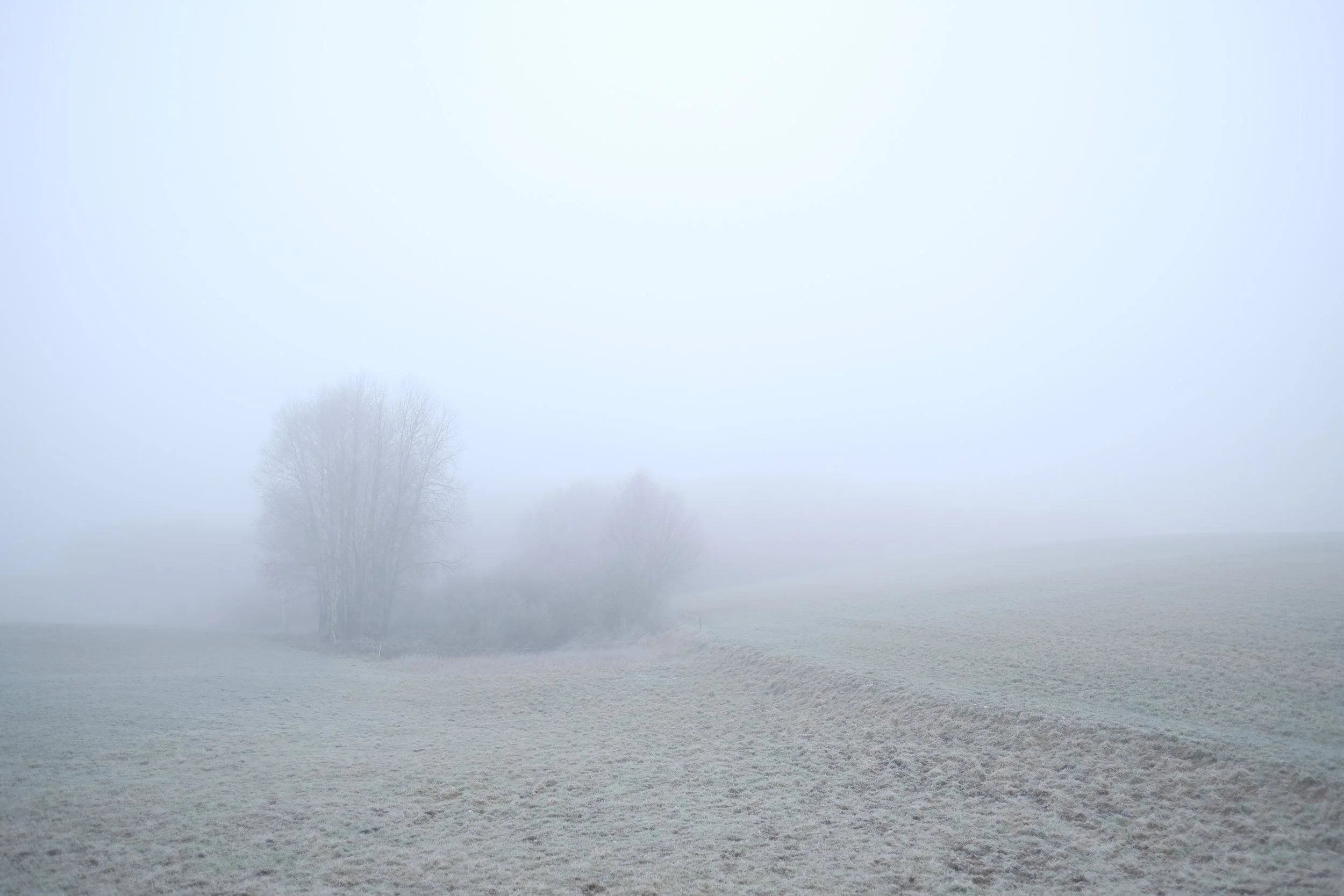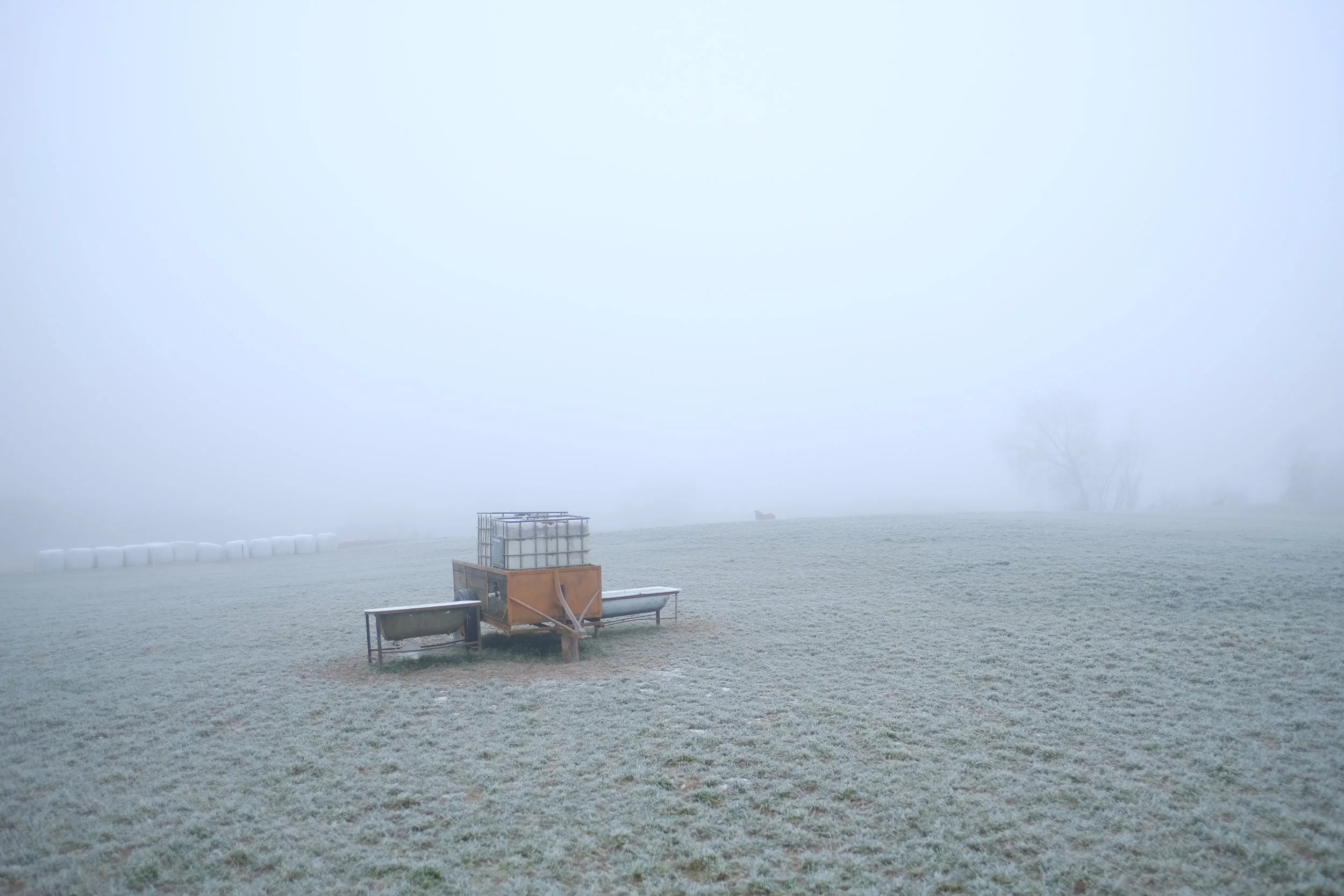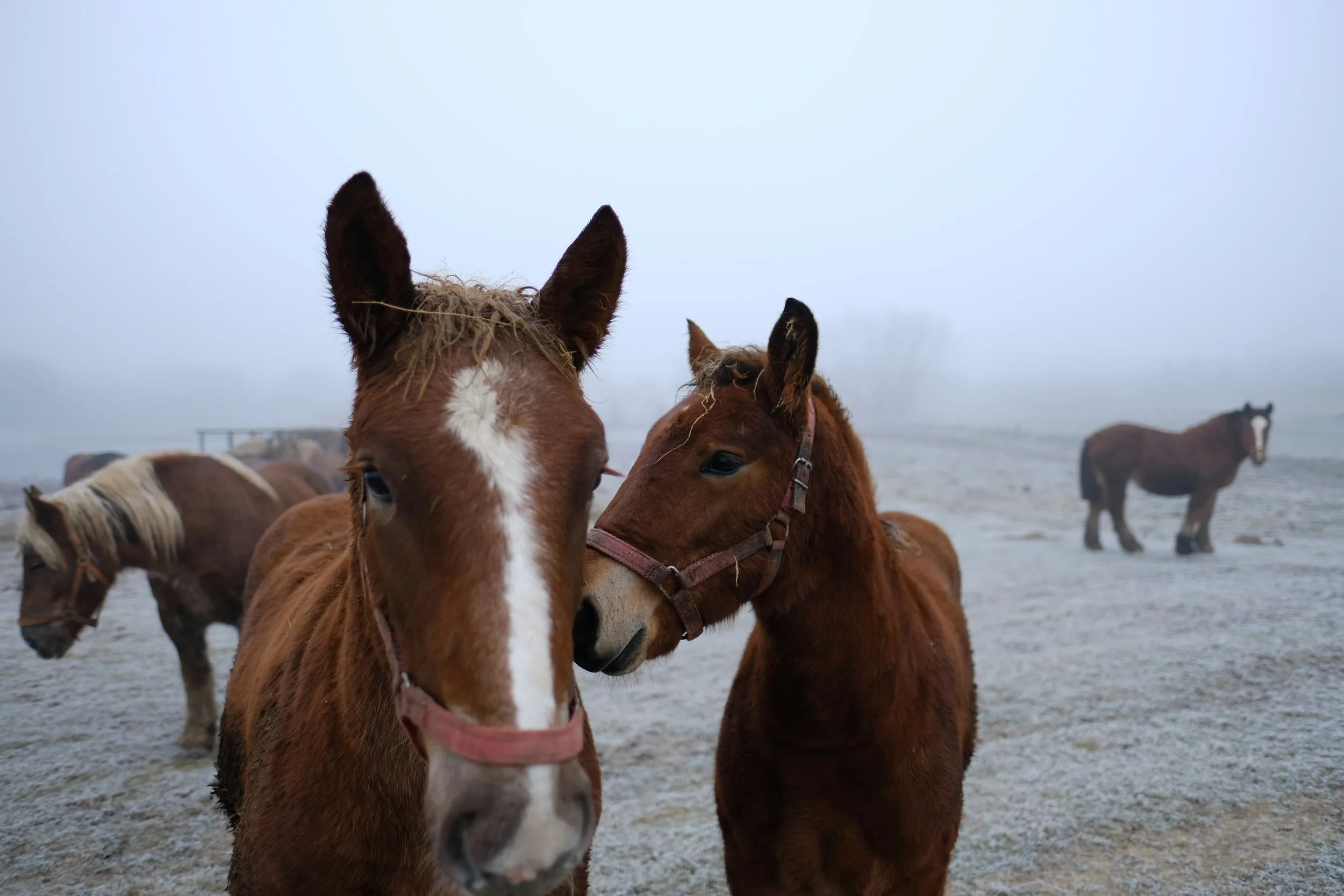Photo Essay: Post German/Recovered
/By Olga Żmijewska
Until 1990, up to the age of 8, I grew up in the village of Idzbark in western Masuria. This former territory of the German province of East Prussia became known as the Recovered Lands (Ziemie Odzyskane) after the Second World War. For a small girl living in Masuria, this enigmatic term was simply a part of everyday life. The houses – and the furniture and equipment that they contained – were referred to as post-German (poniemeckie). The urban layout in Masurian villages and towns was and still is post-German, and the cultural landscape of this region remains just this. The manner in which fields are separated from each other, the maple and linden avenues, and even the old fruit bearing apple trees amidst spruce monocultures bear witness to the existence of settlements here… these are the relics of the inhabitants of Masuria who came before me and shaped these places.
Landscapes are subject to cultural influences, but in my photographs, I want to draw attention to the fact that nature lives its own life regardless of the many twists and turns of human history. Camomile and yarrow will continue to grow on the wastelands here, regardless of the names we give them, the language of the people around them, and the boundaries of the countries where they grow in.
Through my Masurian landscapes I am reaching back to the past, revealing the regions where my family came from. The term ‘post-German’ also has a very personal dimension for me. I too was a successful but invisible migrant. In 1990, I emigrated with my parents to the Federal Republic of Germany where I completed school and got a degree. The return to my home town of Idzbark is precisely post-German and, sure enough, I no longer have access to pure Polishness (whatever it would be). My personality, my way of looking at the world, my knowledge of two languages on a mother tongue level are an amalgam of Polish-German experiences.
Today, these regions are inhabited by the citizens of the Republic of Poland—but it was the Prussians who lived here 100 years ago. The scenery and backdrop have remained the same but the actresses and actors have changed. Poland’s membership in the European Union allows those who were born in these areas to not only freely move around the places of their childhood but also to return and settle there. Indeed, the concept of the Europe of Regions gains a whole new dimension in Warmia and Masuria as this is a region that, albeit Polish-German, does not border with the Federal Republic of Germany.
The national minority still inhabiting the lands of Warmia and Masuria has become assimilated and... invisible. In Germany likewise but in a converse configuration. The book “Wir Strebermigranten” (Us Overachiving Migrants) by Emilia Smechowski has sparked a conversation on successful but invisible migrants—Polish women and men who have assimilated so well and seamlessly with German culture that they are no longer perceived as foreigners.
Through these works I endeavour to bring to the surface everything that seems ordinary, almost to the point of being unworthy of our attention, but which nevertheless affects our sense of home/heimat - and what the persons driven out of the areas of the former East Prussia often refer to as an element of their nostalgia and longing for the past. This is our common ground. It is amidst these landscapes that German children were brought up 100 years ago and where Polish children play and are growing up today. These influences constantly intertwine and permeate each other, creating a new quality that is closely linked to the region but not to nationality or nationhood.
What is post-German here and what is recovered?
More images from the series can be found on Olga’s website.
Olga Żmijewska is from a rural area on the edge of the European Union, a cultural scientist and a doctoral student at the Department of Cultural Sciences of the European University ‘Viadrina’ in Frankfurt (Oder), where she is working on her dissertation on Radio Maryja in the context of civil society in Poland. She comes from the small Masurian village of Idzbark, from where she emigrated to Germany as a child and where she returned permanently after 23 years of living ‘on the road and between cultures’. Formerly a sworn translator of German in Warsaw, she is now the founder and president of the Art of Freedom Foundation in Idzbark. In 2023, she celebrated 20 years of social activism in Idzbark and the region, where she works, among other things, for gender equality, equal opportunities for people at risk of marginalisation and bringing together social groups that have little chance of meeting or dialogue in their everyday life. She is the author of cultural studies articles and photographic series about Warmia and Masuria, which have been exhibited, among others, in Frankfurt am Main, Warsaw, Sztynort Palace and Olsztyn. Olga Żmijewska promotes the reversal of the brain drain phenomenon, i.e. the return of emigrants to their places of origin, known as brain gain. Olga Żmijewska is active as an initiator and coordinator of international cultural projects and was/is involved in, for example, the reconstruction of the palace of the von Lehndorff family in Sztynort in Masuria, the celebration of Immanuel Kant's 300th birthday or the popularisation of knowledge about the history and culture of Warmia and Masuria.



